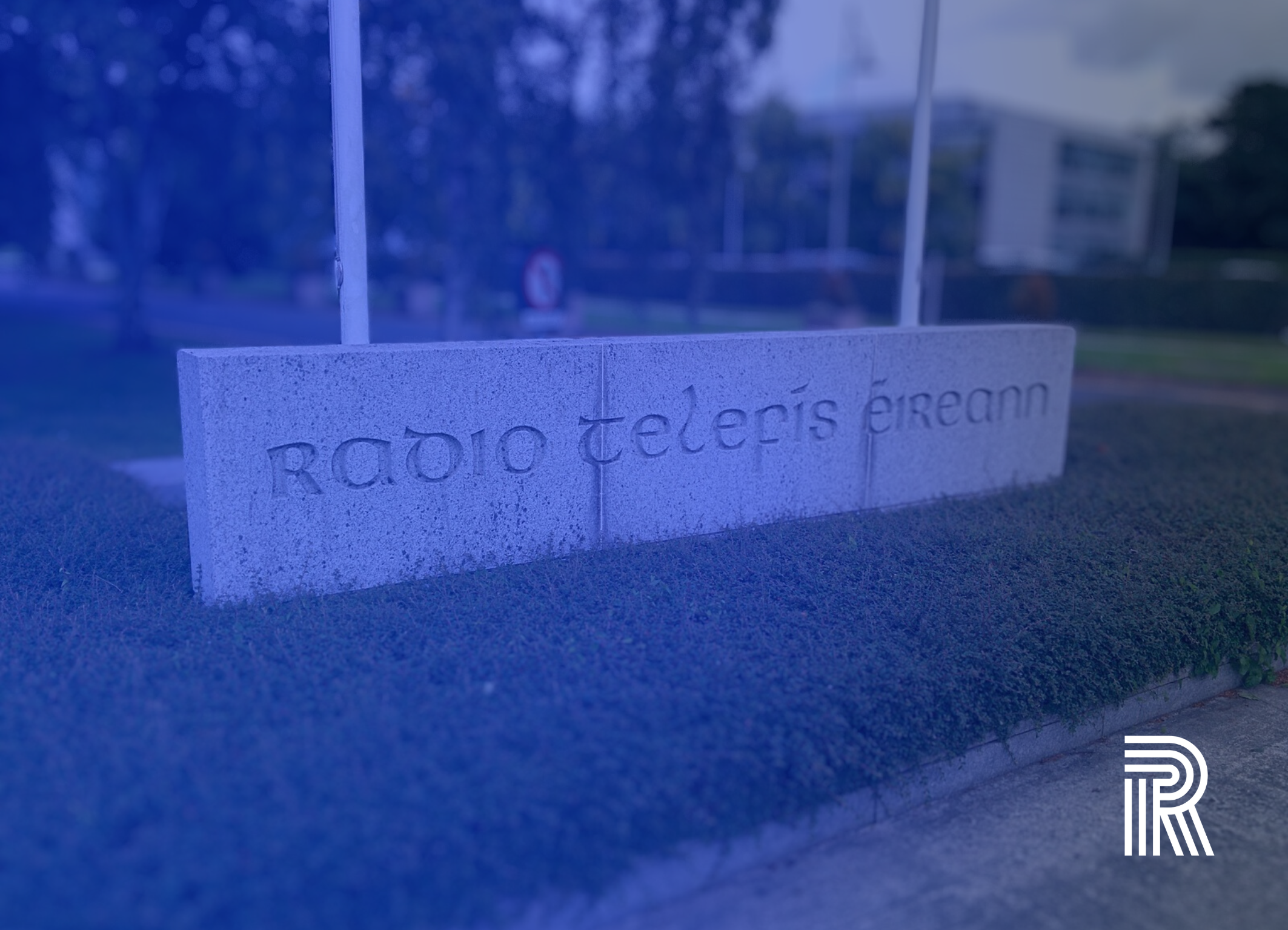
Crisis turnaround – Reputation recovery and renewal
When a large-scale reputation crisis hits, the communications focus will always be on attempting to minimise the association between the organisation and the issue. We’re seeing this play out in real time this week in Ireland with our state broadcaster RTÉ and a crisis they are facing in relation to “hidden” payments made to one of their most prominent presenters.
Right now, the key players and decision-makers involved, many of them relatively new to their positions, are struggling to manage the short-term crisis communications tactics needed to minimise the impact and contagion. The blame game is in full view and many parties involved are “lawyering up” and doing their best to manage individual and collective reputation.

Reputation recovery starts as soon as the crisis hits. By adopting a long-term strategy and ensuring a strategic view of reputation is part of crisis communication, organisations can shift the focus from evading blame to fostering hope, optimism, and innovation, ultimately leading to the restoration and in some instances even an enhancement of reputation.
This approach entails an openness to embracing transformative changes within the organisation to pave the way for lasting recovery. So, what should we see play out in RTE over the coming weeks and months?
You cannot communicate your way out of a crisis – action is needed.
Instead of dwelling on excuses, the organisation needs to focus on the fixes. To steer the conversation towards recovery, it is crucial to create a moment-in-time initiative or address that includes clear near-term commitments to address the root causes and behaviours. Whatever action is taken should signpost and underline the changes to come; differentiated processes and procedures, punishment for the offenders, enhanced leadership and board governance, and adopting a transparent approach to living organisational values. By taking these steps, the organisation can pave the way for a successful turnaround and start to regain trust and confidence and restore its reputation.
Activate the influencers.
You need allies. It is essential for the organisation to persuade third-party influencers in the conversation of their intention and get them onside. This includes engaging affected stakeholder groups, employees, experts, journalists, media commentators, industry organisations, unions, and NGOs. Their involvement serves to validate that the proposed corrective action should effectively address the root cause of the crisis. An often-used approach is to establish an independent expert or advisory council, which offers a critical outside perspective that can also become a barrier against future issues, ensuring a robust and sustainable reputation recovery process.
Your reputation is in the mind of the stakeholder – monitor and measure.
Reputation is what you say, what you do, and what others say about you. Tell your recovery story constantly and in the right way to stakeholders. Use research to better understand what others say about you. This serves as an objective means to assess progress and setbacks along the way. By leveraging data and actively listening to stakeholders, the organisation can continuously recalibrate and refresh its strategy. This data-driven approach not only allows for informed decision-making but also enables effective communication of the organisation's successes. By consistently monitoring and adapting to insights, the organisation can navigate the path to reputation recovery with agility and transparency.
A focus on renewal.
Never waste a good crisis as the old adage says and the organisation should put the focus on the opportunities presented by the crisis. Oftentimes, there is a strong impetus to make changes and develop new strategies to avoid mistakes of the past and this combined with visible leadership changes can be a very tangible reputation recovery approach. Your employees are your strongest ambassadors so focus on employee communications as your starting point.
Organisations today face an evolving threat landscape that cannot be addressed by the historically siloed approach to risk management. Quite simply, the tenets of traditional crisis management don’t work anymore. Viewing risks and issues through the lens of reputation, allows companies to identify long-term and sustainable solutions, while also informing better and more purposeful decision-making. Luck in a crisis is opportunity multipled by preparation, the better prepared you are the more likely your organisaton can navigate the challenges presented.
In a world of shifting reputations, radical transparency, and global uncertainty, there has never been more scrutiny on organisations and their leaders. This should create an impetus for organisations to re-think their approach to risk management. A hybrid, proactive, and holistic approach to these risks is a requirement as the gaps between these issues continue to narrow.
Want to learn more about reputation risk preparedness, management and recovery?
Since 2002, Reputation Inc has worked with leading organisations to create programmes designed to successfully navigate and prepare for reputation risks and issues. While we do our best work in supporting our clients to avoid issues and risks, we have a team of experts available at all times to support crisis communication and issue management in real time.



